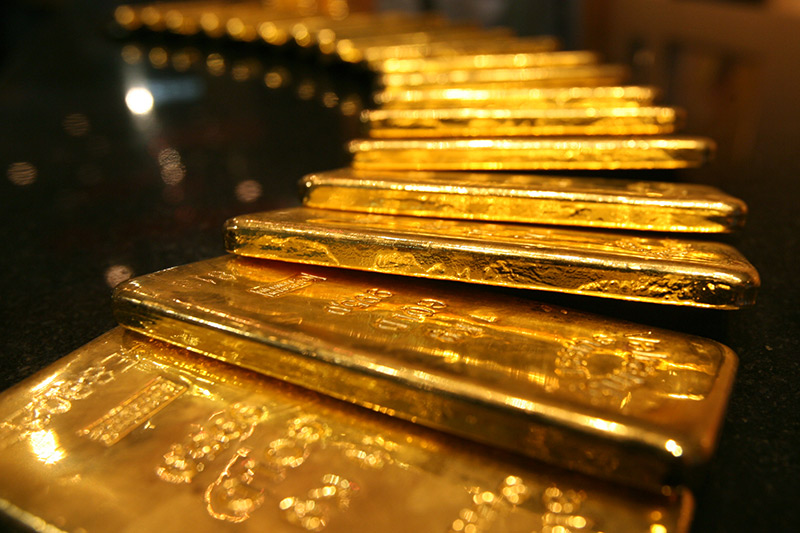Investing.com — The ongoing Middle East conflict, marked by escalating tensions and persistent hostilities, remains a critical risk factor for global stability.
Analysts at UBS emphasize that while the situation has not yet spiraled into a full-scale regional war involving Israel, Iran, and their respective allies, the risk of such an escalation is significant.
This heightened uncertainty, compounded by the election of Donald Trump as U.S. president, underscores the necessity for prudent investment strategies to manage geopolitical risks.
The conflict’s volatility stems from a series of interconnected events, including Israel’s military actions in Gaza and southern Lebanon, as well as skirmishes with Hezbollah and Iranian proxies.
Iran’s retaliatory missile and drone attacks further underscore the potential for a broader confrontation.
While diplomatic efforts have thus far failed to secure lasting ceasefires or meaningful de-escalation, the period leading up to Trump’s inauguration could see critical developments.
Trump’s prior hardline policies toward Iran and support for Israel add another layer of unpredictability to the region’s dynamics.
Against this backdrop, and emerge as effective hedges for investors seeking to mitigate geopolitical risk. UBS analysts point out that prices are particularly sensitive to disruptions in the Middle East, given the region’s central role in global energy supply.
Any escalation that threatens key supply routes, such as the Strait of Hormuz, could drive oil prices significantly higher. Historical precedents, such as the 2019 attacks on Saudi Aramco (TADAWUL:) facilities, highlight how swiftly markets can react to perceived threats.
While the current oil market has yet to fully price in the risks of Middle East disruptions, UBS advises maintaining exposure to oil as a safeguard against potential supply shocks.
Gold also provides a reliable hedge, particularly in times of heightened uncertainty. UBS notes that gold prices have already seen substantial gains this year, reflecting its appeal as a safe haven.
The ongoing risks associated with the conflict, combined with potential shifts in U.S. fiscal and trade policies under Trump, suggest that demand for gold could remain strong.
Additionally, structural factors, such as continued central bank purchases amid de-dollarization trends, support a bullish outlook for gold, with UBS projecting prices to reach $2,900 per ounce by the end of 2025.
Ultimately, the Middle East conflict underscores the importance of diversification in investment portfolios.
While market disruptions tied to geopolitical shocks are often short-lived, the prolonged nature of this conflict and its potential global ramifications warrant careful consideration.
UBS stresses that maintaining allocations to oil and gold can help investors navigate this uncertain environment, balancing the risks while positioning for longer-term stability.

